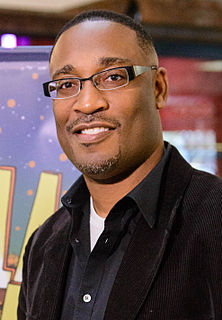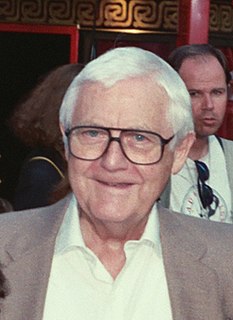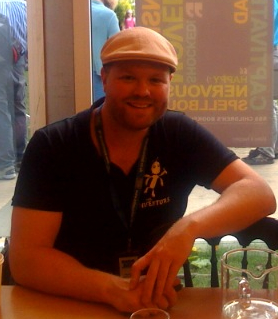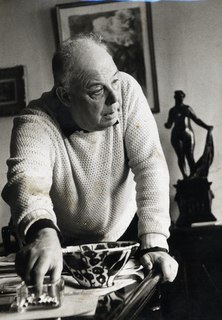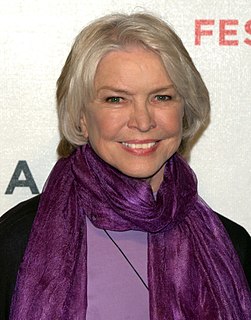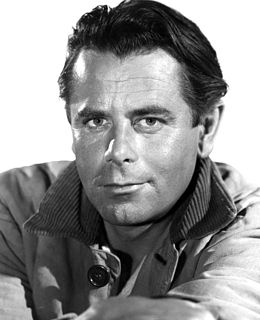A Quote by George Tillman, Jr.
I think it's important that a director be able to know his characters inside and out.
Related Quotes
Your actors need to trust you as a director, but normally, I think you just need to have an open communication between the actors and the director. I think the director needs to really paint his or her vision to the cast and let them know the kind of mood that he or she is making. I think that's very important.
Sometimes, when actors reach out to their characters, they're nowhere in sight. They need to find something inside of them. And then the characters are right there. As a director, I want them to find the character that's already inside them, instead of trying to manufacture or manipulate or make something up. That's not really honest or true.
I think bringing depth to characters means really needing to find out who this girl is, what is she passionate about, what makes her tick, what gets her going in life. So I did a lot of backstory for who she was and sometimes it comes across screen and sometimes it doesn't. You never know, because you're not the director, but you can only do your work and hope that it somehow subtly is infiltrated in that. But I think the characters I've played for the most part have depth, just not in the way that you think they do.
I think the most important thing for an actor is reading the script and trying to figure out if you can play that character well. The last thing on my mind is if the director made good movies previously. It's not my job to know if that director's last movie was any good - it's my job to know if I can play the role.
Gettting to know your characters is so much more important than plotting. Working out every detail of your story in advance, especially when you don't yet know your main characters, always seems a little too much like playing God. You're working out your characters' lives, their destiny, before they've had a chance to discover who they are and what kind of people they want to be.
I think that what's important as a director is to give your actors the feeling that they're protected, the feeling of confidence, the feeling that if they make mistakes, then as a director, you'll know how to help them. If you're able to convey that, then the actors will give you wonderful performances. As well as the author, you have to write scenes that give the actors the opportunity to show what they're capable of.
I think at some level, it's just alchemy that we, as writers, can't explain when we write the characters. I don't set out to create the characters - they're not, to me, collections of quirks that I can put together. I discover the characters, instead. I usually go through a standard set of interview questions with the character in the beginning and ask the vital stuff: What's important to you? What do you love? Hate? Fear? .. and then I know where to start. But the characters just grow on their own, at a certain point. And start surprising me.
